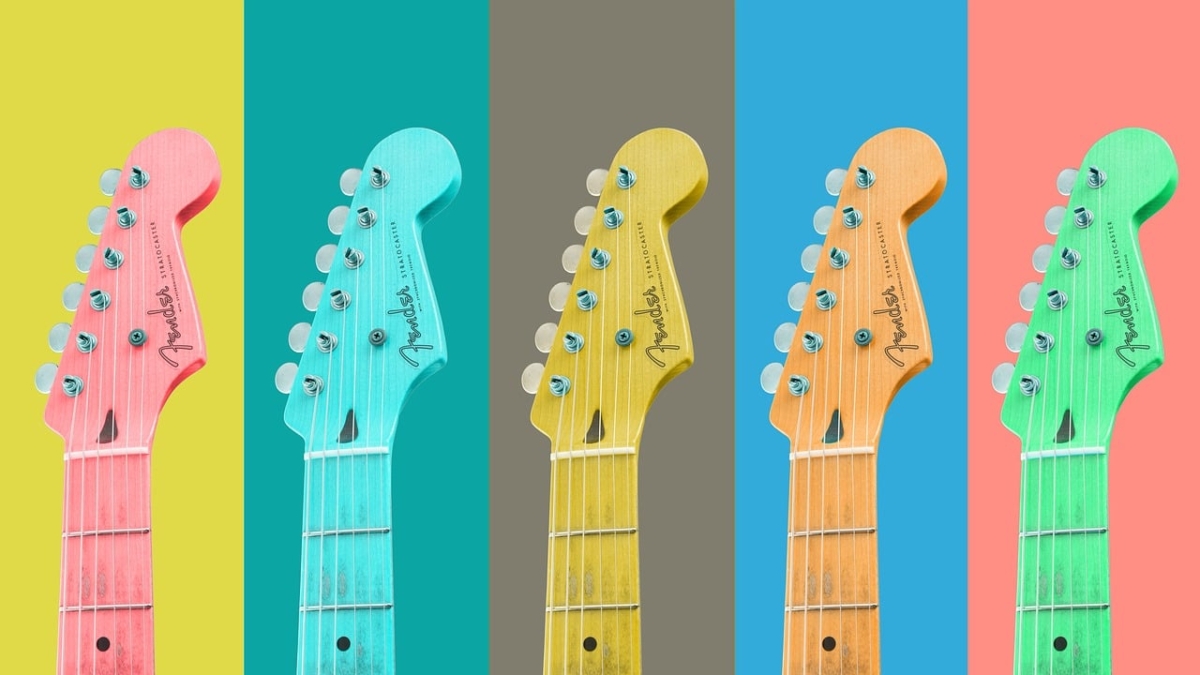Music’s transformative impact on our lives stretches beyond the concert halls, earphones, and karaoke nights. Its therapeutic prowess has garnered attention from healthcare professionals worldwide. Dive deep with us as we explore the power of music therapy and how it unfolds its magic.
1. Emotional Resonance: Music isn’t just about notes and rhythms; it’s a language that speaks to our souls. For those finding verbal communication challenging, especially after traumatic experiences, music provides an alternative, touching the deepest corridors of emotions.
2. Awakening the Brain: Music is like a workout for your brain, stimulating areas from the emotion-centric amygdala to the decision-making prefrontal cortex. This comprehensive activation boosts brain function, especially vital for individuals with neurological complications.
3. Rhythmic Rehabilitation: Got two left feet or struggling with movement coordination? The rhythm in music can aid in refining motor skills, proving indispensable for individuals recovering from strokes or managing Parkinson’s disease.
4. A Trip Down Memory Lane: Ever heard a song that instantly teleports you to a cherished memory? Music’s ability to recall memories can reestablish connections, especially for dementia or Alzheimer’s patients, reminding them of their vibrant past.
5. Cultivating Connections: Beyond chords and melodies, music is about unity. Group music therapy sessions weave the fabric of social bonds, fostering interactions, collaborations, and a strengthened sense of community.
6. Melodies of Calm: The soothing power of a gentle lullaby or a serene symphony is undeniable. Music is a balm, reducing anxiety, ensuring relaxation, and offering solace to those battling chronic pain or stress.
7. Speaking without Words: For some, words might not come easy. Music therapy, in these cases, emerges as a beacon, offering a medium for self-expression and communication, especially for individuals with communication challenges.
8. Notes of Empowerment: Strumming a guitar for the first time or hitting the right notes can be a significant confidence booster. Music therapy serves as an avenue for building self-esteem and empowering individuals.
Underlying the Power of Music Therapy:
- Neuroplasticity: The ever-evolving brain benefits from music, fostering new neural connections.
- Mirror Neurons: These aid in empathy, potentially explaining our emotional connection with melodies.
- Endorphins in Concert: Music, especially in a group, can release these ‘feel good’ chemicals, uplifting our spirits.
- Entrainment: A heart dancing to the beats of music? Our body processes, like heart rate, often synchronize with rhythmic patterns, courtesy of entrainment.
In conclusion, the power of music therapy is monumental, catering to emotional, physical, and neurological well-being. As the field continues to grow, it’s essential to recognize the expertise of certified music therapists, the unsung maestros orchestrating healing through harmonies.

